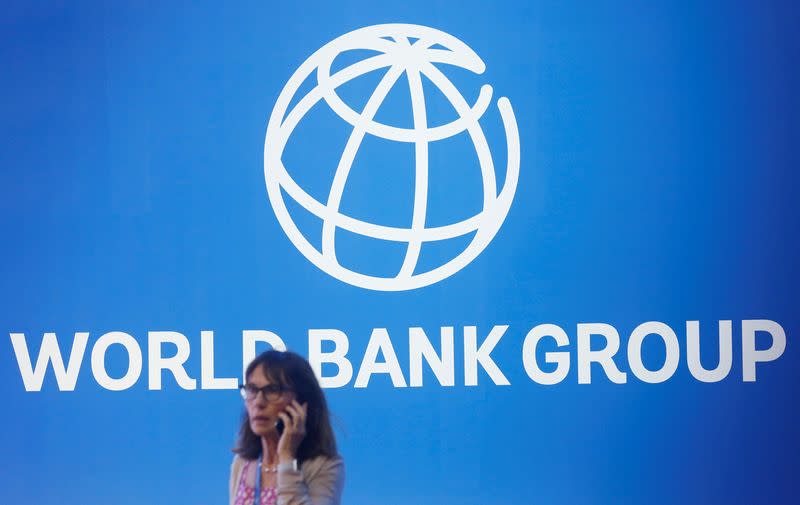World Bank sees Western Balkan economies resilient despite subdued growth

SARAJEVO (Reuters) - The economies of the six countries of the Western Balkans show resilience despite economic growth estimated to moderate to 2.6% in 2023 and continued price rises, the World Bank said in its regular biannual economic report for the region on Tuesday.
Albania, Bosnia, Kosovo, Montenegro, North Macedonia and Serbia have surpassed pre-pandemic growth levels despite fallout from Russia's invasion of Ukraine, higher energy and food prices, unfavourable weather conditions and tightening financial conditions, the bank said.
The growth is expected to be fuelled by private consumption, exports and public investment in some countries but the region needs to rebuild buffers to prepare for future shocks and undertake supply-side reforms to prepare for more sustainable and greener growth, the report said.
"To continue weathering the storm presented by multiple economic shocks, countries can achieve high returns by pursuing reforms that boost productivity over the medium term, such as accelerating regional integration, increasing levels of market competition and attracting higher quality investments," said Xiaoqing Yu, World Bank country director for the Western Balkans.
Inflation in the Western Balkans surged to a two-decade high in 2022, with food inflation averaging 20%, and price pressures remain elevated in early 2023, requiring further monetary policy tightening, the bank said.
The higher prices have affected low-income households especially severely, resulting in a much slower pace of poverty reduction despite government support programs to mitigate the energy crisis.
Employment growth, which reached a historic high rate of 47% in September 2022, began to decline in the second half of the past year.
Future potential constraints include lower external demand that could negatively affect income from exports and limit remittances, and tighter fiscal space, the report said.
(Reporting by Daria Sito-Sucic in Sarajevo; Editing by Matthew Lewis)

 Yahoo Finance
Yahoo Finance 